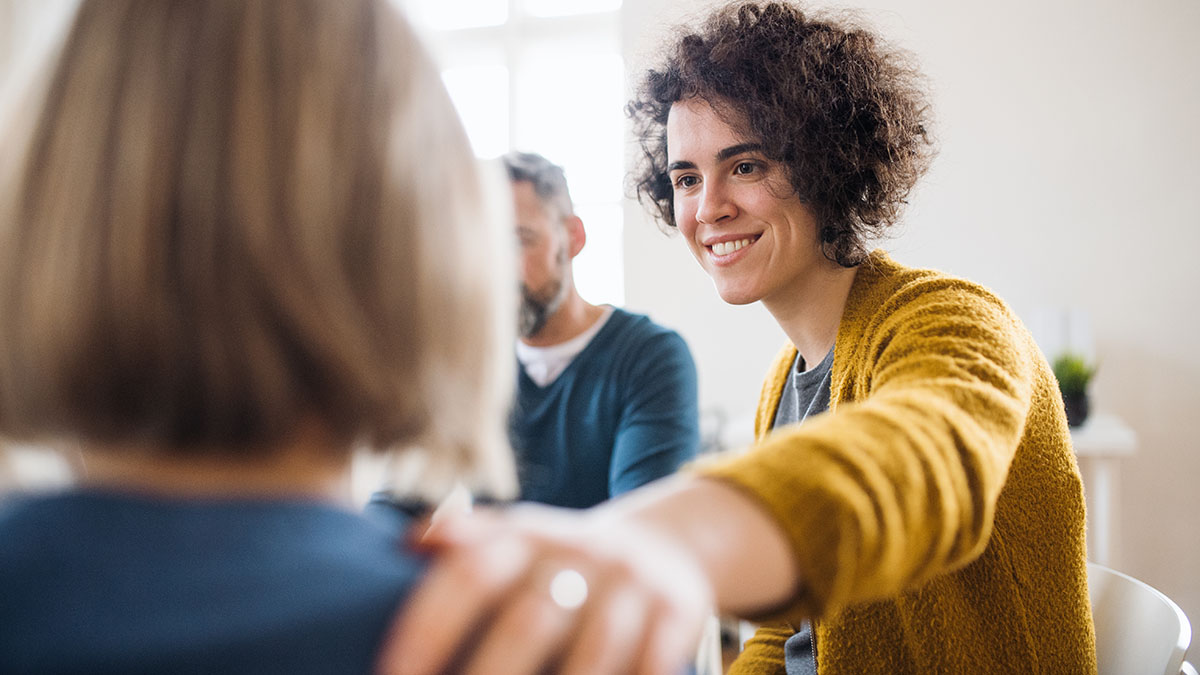
Take a Moment and Reconnect

Dr. Stephen Peroutka, vice president and global therapeutic head of neuroscience at PPD, discusses the pandemic’s impact on anxiety, stress and depression and ways in which employers can provide corporate-wide initiatives to benefit the mental health of their workforce.
From isolation to anxiety, stress to depression, the COVID-19 pandemic’s impact on mental health is widespread, varied and unfortunately ongoing. At the same time, a World Health Organization survey conducted in mid-2020 clearly showed that services for mental, neurological and substance use disorders had been significantly disrupted as a result of the pandemic.
It was nearly 30 years ago when 10 October was designated “World Mental Health Day” under the direction of Richard Hunter, secretary-general of World Federation of Mental Health. Over the years, the global focus has increased awareness, helped educate the public and inspired new outreach and information sharing. For those of us in clinical research, it’s also helped accelerate our efforts to advance treatment options. While medical and public awareness of the prevalence and burden of mental disorders has increased, there remains a high unmet medical need.
This year, as the world continues to battle the pandemic, a focus on mental health and mental well-being is more important than ever. While we have come to appreciate the critical role that clinical research services provide, it’s become just as clear how vital it is to take care of each other. We give employees access to extensive assistance platforms, including 100% confidential consultations with credentialed local professionals, counselors, attorneys and financial professionals — 24 hours a day, seven days a week.
As a global company, we’re experiencing the effects of COVID-19 on multiple levels. While the clinical trials we support often have localized scope, the team that supports each study is often spread globally, connecting virtually on video calls and team chats. Camaraderie is strong, often rooted in conversations about COVID-19 prevalence and vaccination rates in each person’s location. Increasingly, team spirit grows stronger as we continue to promote mental health awareness and welcome candid well-being discussions among colleagues.
Pivotal “Micro” Moments
Workforces across the globe are exploring how we can support one another through these trying times, not only so that employees can continue to work, but also so that we can collectively address our colleagues’ emotional and mental health. Through small gestures and “micro” moments of compassion, we can make a real difference in someone’s day. Each of those acts of connection and caring add up to a noticeable difference.
Within my team, I’ve seen the increase in birthday greetings, inquiries about pets and grandchildren and questions about everything from recipes to hairstyles. These connections have helped us build a stronger community, and that, in turn, has enabled us to meet the challenges that the pandemic thrust on clinical research.
While my observations may be anecdotal, research backs the vital role that community support affords performance. In fact, recent analysis funded by Nottingham Trent University makes my point by examining numerous studies. Whether it’s a neighborhood or a corporation, the authors conclude that “community relationships are also critical during disasters because they motivate cohesive, prosocial responses and coalesce around a sense of solidarity and support. As well as feelings of unity and solidarity, previous research has found community-based responses to disaster can protect the mental health of those involved, buffering them from trauma.”
In our case, PPD is that community, reflected in our internal mantra, “one PPD.” During the pandemic, that defining principle became even more true, not only in collegial support, but also in corporate-wide initiatives including access to helpful resources like digital meditation apps, online yoga classes, health and wellness counseling and virtual support groups. These programs support employees in creating their own self-care plan toward improved well-being. This personal, holistic approach is more successful than all-or-nothing thinking. It empowers each person to choose small, consistent habits that build health over time.
To illustrate how powerful this can be, think of a gifted athlete who seems to have an innate ability to stay calm under pressure and hit the game-winning shot right at the buzzer. When this ability to perform under pressure isn’t natural, it can be learned through a proactive approach of mindfulness and meditation training.
By providing a science-backed mental health mobile application to our employees, we’ve helped them train to achieve their goals.
Everyone benefits when employers provide outlets, flexibility and support for the stressors in our lives.
Reach Out and Touch Someone
Years ago, AT&T — formerly Bell Telephone — ran an ad campaign with the slogan, “Reach out and touch someone.” Their aim, of course, was to encourage telephone use by reminding everyone how important a personal, heartfelt moment could be. This year, as we pause to commemorate World Mental Health Day (10 October), let’s put that sentiment into action.
Take a moment and call someone. Send a handwritten note. Turn on your camera during your next video call. These small gestures provide encouragement and help to counteract the isolation and anxieties associated with the pandemic.